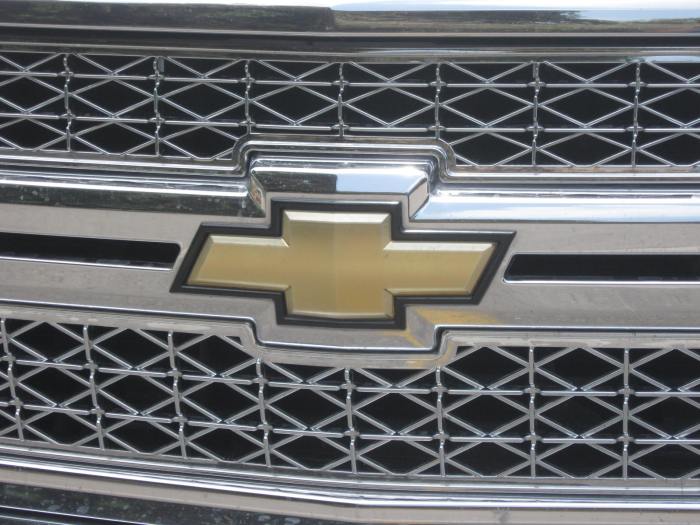One thing that does concern Full-Time RVers is severe weather. RVs are self-contained and can withstand reasonably cold temperatures and moderate winds. Yet it is foolish to intentionally weather any type of severe storm in a RV.
The first thing every RVer should invest in is a NOAA weather radio and/or weather alert radio. In case a weather Watch or Warning is issued, you will have the latest information. This information can not only save your lives, but those around you.
If you are staying in an area prone to severe weather, especially hurricanes and tornadoes, then you should find out where the local shelters are. Make a trip, finding the route. Ask the campground staff if they notify their campers about severe weather alerts and what they advise campers to do in stormy situations.
Many campgrounds do have recreational buildings or concrete block buildings, but if they are not designated shelter areas, the manager will probably not allow you to stay (insurance reasons). If there isn’t time – such as a tornado – by all means, evacuate your RV and head to the closest secure structure you can – even if it is the campground restroom. But if you have time and know that severe weather will effect your area, make sure you seek an official shelter.
We have RV’d through all sorts of weather, including hurricanes. Fortunately each time our RV only had minimal damage, but we have seen horrible things happen to them. They flip over, they are crushed by trees or large debris, they blow-up (not literally, but it appears that way) and they disappear! Do not ride out a strong storm or a hurricane. RVs can be replaced, people cannot.
There are preparations you can do to help protect your investment if you have the time. Many RV books devote sections to storm and winter/storage preparation.
If you are told to evacuate, you must. If it is a volunteer evacuation or if you want to leave on your own accord with your RV, make sure you have: Fuel (and extra cans if possible), Cash (ATMs do run out of money prior to disasters), Canned Foods, Water, Flashlights, Batteries, Weather Radio, Personal Information (insurance papers, contact information, etc…), Cell Phone (don’t forget extra batteries and the charger), Camera, Medicines Needed (and prescription information if they need refilled while you are away), Laptop Computer and an Overnight Bag (with clothing and toiletries). The overnight bag may be needed if you find yourself stranded and are suddenly forced to leave your RV.
In addition you will want to make sure your tank is filled with water, holding tanks emptied, propane tanks filled and RV and tow batteries charged. You cannot plan on arriving to your evacuation destination. We know too many RVers who have evacuated only to find themselves stuck only two or three hours from where they left. And most times, especially if it is a hurricane, you find yourself in a worse situation! So be prepared, even if you are fleeing from disaster. Do not take Mother Nature for granted.
If you decide to stay and go to a shelter closer to the impending storm, then you still should prepare your RV for emergency living after the storm. Living in storm aftermath is not fun. It is chaotic and frustrating. Most likely you will not have electricity for at least a week (we have went three weeks without after hurricanes), propane and gas stations will not be able to pump without electricity (which means no refrigerator, stove, hot water, heat and/or generator fuel for you), lift stations (if your campground has one) will not be able to pump sewage and water will usually be by boil-order for days after the storm.
And you will be forced to stay at or near your campground, as the roads will be filled with debris or not drivable. Officials will close roads to non-residents and some roads will be dangerous without traffic lights and signals. This may sound silly, but people cannot drive without STOP signs or signal lights – they run intersections without stopping or yielding in the storm aftermath. In a storm aftermath situation, each intersection (without signs or working signal) becomes a 4-way STOP. We have seem many accidents caused, especially living in hurricane aftermath because of folks not following the traffic law.
Storms bring out the best and the worst in people. After the second hurricane we were in (as Full-Timers), we witnessed things we didn’t think possible. Scavengers were driving through the RV resort looking for aluminum scraps (especially off older trailers and venting). For those who weren’t able to return or were Seasonals away for the summer, belongings that were scattered were targets for scavengers to steal.
But again, storms also bring out the best in people. Many of us gathered folks belongings and secured it back on their property. We also shared food and supplies with other campers in need. We helped cleaned up debris (as much as we could until the professionals arrived) and offered generator usage time for those who didn’t have generators.
If you find yourself on the road to disaster, I have more information at: https://hscooper.wordpress.com/articles/on-the-road-to-disaster/
















1 comment
November 10, 2008 at 11:20 pm
Weathering the Storm in a RV | theRVerVideo
[…] the professionals arrived) and offered generator usage time for those who didn’t have generators.Full Story… —Click Here to Join the Good Sam Club RV News provided by […]